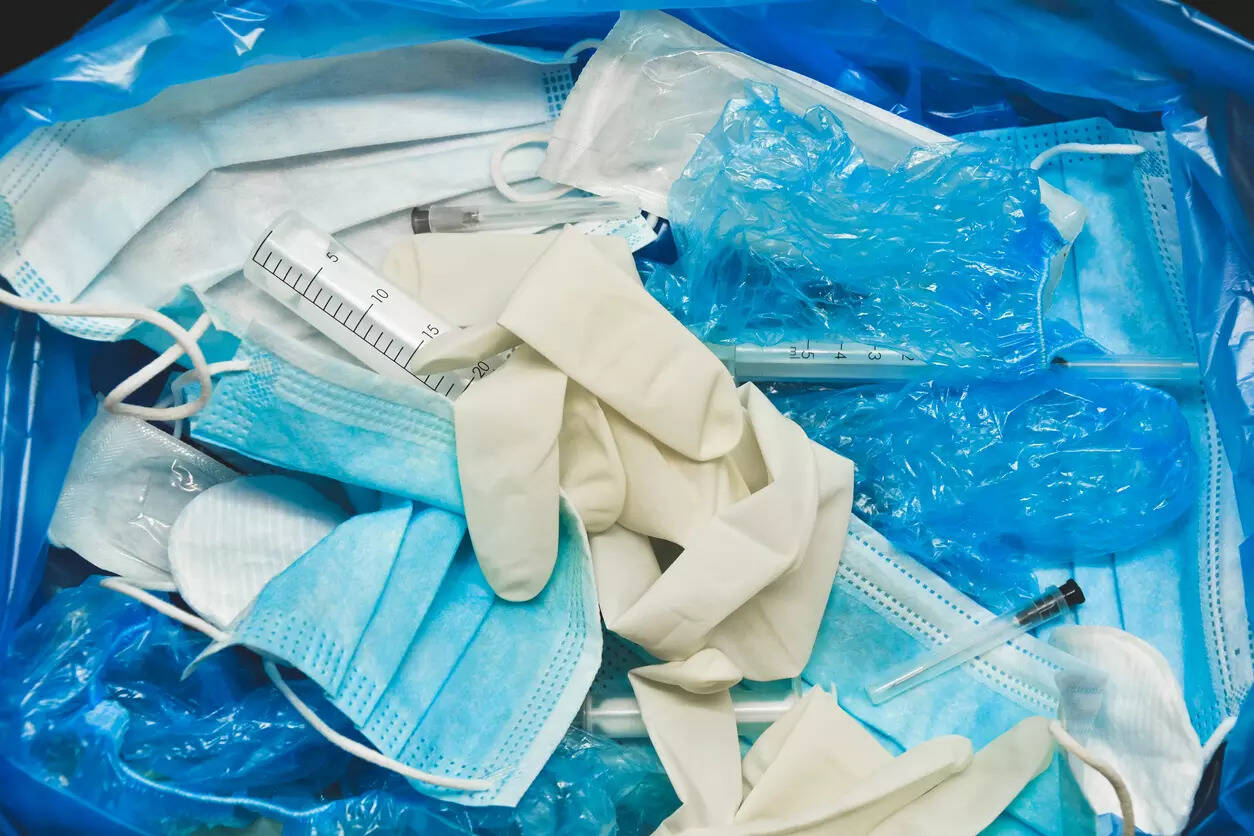- Policy
- 2 min read
Delhi environment minister inaugurates workshop on bio-medical waste management
Highlighting the importance of responsible disposal, Sirsa said, "Proper biomedical waste management is imperative for environmental protection and public well-being. The government remains committed to supporting healthcare institutions in this endeavour, and such workshops serve as a crucial step in guiding hospitals toward responsible waste disposal practices."
Representatives from government hospitals and key stakeholders in the healthcare sector participated in discussions on best practices, regulatory compliance, and sustainable waste management strategies.
Highlighting the importance of responsible disposal, Sirsa said, "Proper biomedical waste management is imperative for environmental protection and public well-being. The government remains committed to supporting healthcare institutions in this endeavour, and such workshops serve as a crucial step in guiding hospitals toward responsible waste disposal practices."
According to the statement, the workshop highlighted that Delhi produces approximately 31.2 metric tons of biomedical waste daily.
While the city has two common biomedical waste treatment facilities with a combined processing capacity of 62.8 metric tons per day, experts emphasized the need for regular monitoring, audits, and facility expansion to prevent unauthorized disposal and illegal incineration.
Although not all biomedical waste is hazardous, improper segregation of waste can render the entire batch dangerous.
Sirsa stressed that strict adherence to the Biomedical Waste Management Rules, 2016, is essential to ensure safe and environmentally sound disposal.
"Improper handling of biomedical waste not only poses serious health risks but also contributes to air and water pollution, particularly affecting the Yamuna River. Strengthening enforcement mechanisms and ensuring strict adherence to regulations remain critical for a safer and healthier environment," he added.
During the event, 20 government hospitals were felicitated for their exemplary efforts in biomedical waste management.
Among the top-performing institutions were Swami Dayanand Hospital (Dilshad Garden) and Burari Hospital, which were recognized for maintaining high standards in waste disposal.
The minister also released a resource book on biomedical waste disposal, aimed at guiding healthcare facilities on proper waste segregation and treatment protocols.



COMMENTS
All Comments
By commenting, you agree to the Prohibited Content Policy
PostBy commenting, you agree to the Prohibited Content Policy
PostFind this Comment Offensive?
Choose your reason below and click on the submit button. This will alert our moderators to take actions